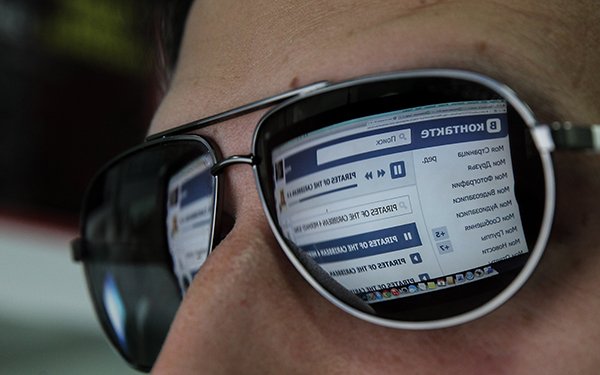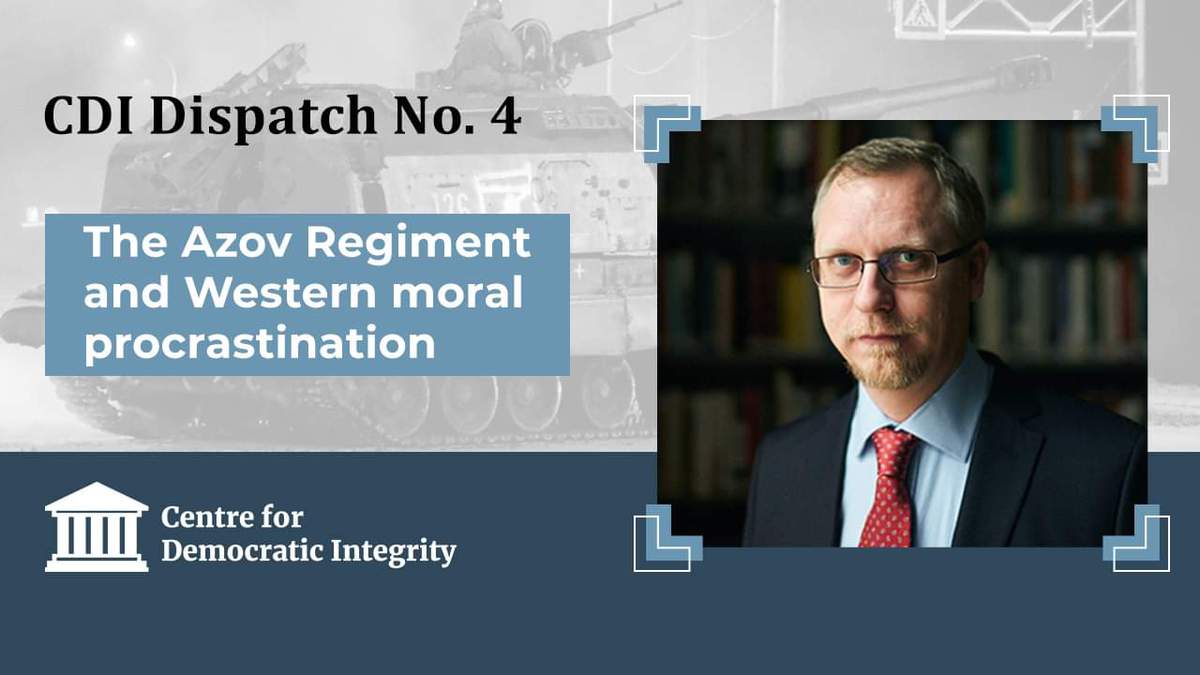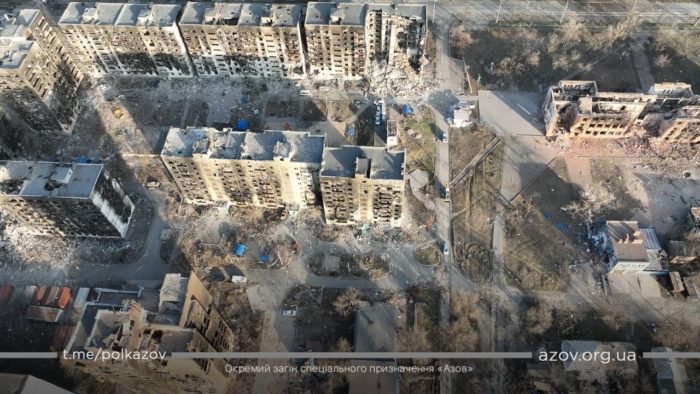On July 9, 2015 Russia was the only country to veto the UN resolution to recognise as genocide the massacre of 8000 Muslim Bosnians in Srebrenica during the war in 1995. At first it seems, that this is a very irrational decision – why would Russia in such a provocative manner refuse to condemn a war crime, a clear instance of genocide against a local ethnic group? All other voting countries either voted for the resolution or abstained. Does Russia thus not spoil it’s own reputation and discredit its image?
However, if we look closer to the path Russia’s government has taken in the last several years, we will find this as not surprising. From a merely authoritarian regime Putin has transformed the country into a radical, deeply nationalistic, and aggressive state. This transformation was initially confined to its internal structure, but now it has spilled out onto the international arena: Putin is pursuing a violent expansive foreign policy, openly annexing and invading territories of other states and promoting nationalist, oppressive and reactionary regimes. The invasion of Ukraine was a predictable result of Russia’s course, as this war rests upon the sway and the consolidation of the extreme far right and far left forces in Russia.
During the last several years, Putin arduously worked to suppress and eliminate all the liberal and democratic elements in his country, which he believed could challenge his power. To fight them, he actively promoted the anti-liberal and reactionary forces of the society, granting them extensive political and social influences. Thus, today, the Russian government has surrounded itself by and in fact incorporated extreme anti-democratic forces, who exercise almost unlimited power, creating a union of both far right and far left – radical nationalists, religious fundamentalists and monarchists united with Stalinists, other communists and totalitarian utopians. All that matters for Putin is their points of agreement: belief in an absolute autocratic government, repression of political diversity and freedom of speech, state control over the social and private realms, intolerance to ethnic and religious minorities, imposition of one state ideology, the pursuit of “traditional values”, xenophobia, anti-Semitism, hatred towards homosexuals, etc. As a matter of fact, all these and other properties of the current Russian state well fit Umberto Eco’s famous fourteen criteria, which he described as the necessary qualifications of fascism.
This internal condition of the country has, unsurprisingly, shaped its foreign policy, which rests upon similar principles: hostility and intolerance towards liberal and democratic systems, aggression, mistrust, support of other similarly radical regimes, and eventually war. First, Russia attacked Georgia in 2008 as the latter sought to pursue democracy, then in 2014 Russia invaded Ukraine, where it annexed Crimea and started the war in Donbas. The war against Ukraine is so far the bloodiest: it took away almost over 6000 lives, according to the UN statistics.
Now, as a point of interest, amongst those 6000 casualties there were 298 deaths of the passengers of the Malaysia MH17 flight, which was shot down by a missile fired from the area under the militant control. The top commander of the Russia-backed militants at the time in this region was Igor Girkin, a popular figure in Russia, who was also the first to announce on his web page about his units having shot down an aircraft at the same location and the same time where the Malaysian Boeing crashed. He is now one of the chief suspects in the tragedy, for he was in charge of the military activities in the area (being the “minister of defence” of the “DNR”), and at the very least he was one of those who authorised the use of the BUK anti-aircraft systems on the Ukrainian soil, one of which brought down the Boeing. Currently the UN is preparing a resolution to set up a tribunal to follow the investigation, for those responsible for the MH17 tragedy. Not surprisingly, Russia has threatened to veto this resolution. Just like it did the Srebrenica genocide resolution earlier.
An interesting coincidence, is that the said Igor Girkin also fought in Bosnia in the early 1990s, and appeared in the town of Visegrad in 1992. In this town there was a notorious massacre the same year, where roughly 3000 Bosnian Muslims were murdered. Moreover, at some point in Bosnia (according to his own memoirs) Girkin served under General Radko Mladic, who was responsible for the Srebrenica massacre and who is currently tried at the Hague for war crimes.
Although it is of little importance whether Girkin was responsible specifically for the Srebrenica massacre or not, his involvement with Mladic and in Visegrad to some extent explain the tendency of the behavior of the Russian government in vetoing the UN Srebrenica genocide resolution, and threatening to veto the MH17 tribunal resolution. The fact that Girkin served in the FSB, the key Russian state security organisation, upon which Putin’s government rests, makes this situation even more peculiar. The point is that the Russian government is involved in numerous crimes, not only within the borders of its country, but also outside. Igor Girkin is just one single representative of this whole system, and, expectedly, he is a committed radical, professing deep nationalist monarchism, “traditional values” and closely collaborating with Stalinists (such as A. Prokhanov).
The war in Ukraine, which is the outcome of Russia’s radicalisation, attracted extremists from all over the country, from both left and right, who see the war as an opportunity to indulge in violence, crime and to promote their views. There are countless confirmed outspoken neo-Nazis fighting in Donbas on the Russian side: A. Milchakov, a dedicated National Socialist, a notorious sadist, who tortured animals in front of a camera, and the head of the Rusich battalion, which also consists mainly of other neo-Nazis, A. Raesvky, a Nazi monarchist, Y. Kharlamova, R. Tolstokorov, and many others. Local radicals include Pavel Gubarev, who headed the pro-Russian protests in the spring 2014, and who was a member of the neo-Nazi organisation Russian National Unity, A. Kharitonov, the head of the Luhansk Gurad, who lead the pro-Russian disturbances in Luhansk. A. Matyushin, and others. This list can continue without end, but what it demonstrates, is that the values which the Russian and the pro-Russian forces in Ukraine are promoting and imposing, are not the interests of the local population, nor even the interests of the Russian state – they are the values of a whole conglomeration of extremist and deeply reactionary ideologies.
The Russian government is attracting to the cause of the invasion of Ukraine even international nationalist and neo-Nazi movements and organisation. In the so called “elections” in the occupied territories of Ukraine on November 2, 2014, took part as “monitors” a number of far right activists from Europe, such as Marton Gyogyosi from Hungary, known for his initiative to make a list of all Jews in the government, Mateusz Piskorski, a far right nationalist from Poland, Frank Creyelman from Belgium, whose party, The Flemish Interest, promoted an amnesty for WWII Nazi collaborators, and others. On March 22, there was organised in St. Petersburg, Russia, the International Russian Conservative Forum featuring as guests far right extremists from Europe, including the Party of Swedes, the Danish Party, the Golden Dawn from Greece, the NPD from Germany, as well as Russian politicians, including A. Zhuravlyov, and prominent figures of the Russia-backed militants in Ukraine, including A. Kofman and A. Milchakov.
The war in Ukraine is not a local conflict, it is neither a civil war, nor even a war between the pragmatic interests of different countries – it is the product of the radical ideology of the Russian state, and which is set at military expansion, violent spreading its views worldwide and the support of and consolidation with other similarly reactionary and criminal governments and movements. It is not an isolated threat, it is a threat endangering the international community. As the example of Girkin demonstrated – Russia exports crime and then tries to defend and cover it up. This export of crime is inseparable from the extremist ideologies which Putin is promoting both within and outside of Russia, and in which he has established and reinforces his support.








